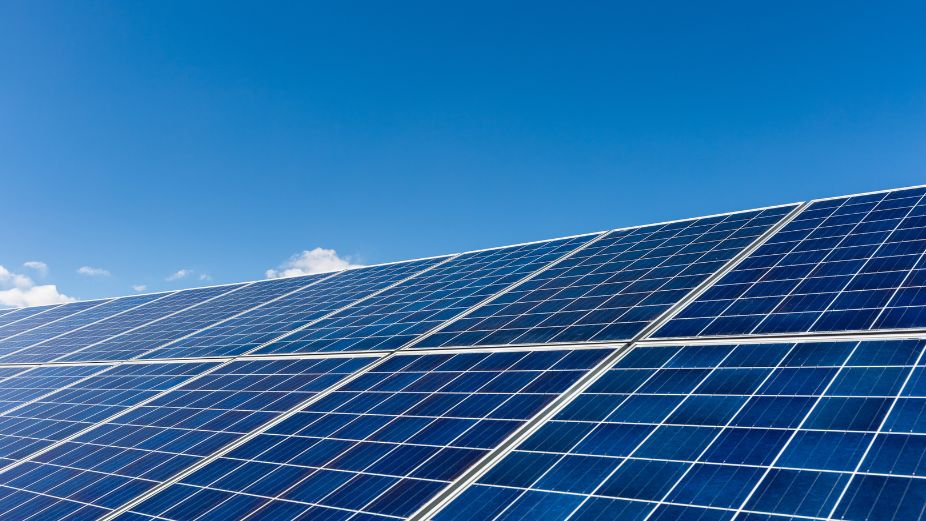
A newly released global study tracking Sustainable Development Goal 7 (SDG7) has identified continued challenges across Small Island Developing States (SIDS) in expanding renewable energy and securing equitable energy investments, even as some countries including the Maldives have already made notable progress in areas like clean cooking access.
The Tracking SDG7: Energy Progress Report 2025, produced by international agencies including the IEA, IRENA, the World Bank, and the WHO, reveals that many SIDS still lag significantly behind global averages in renewable energy deployment and access to clean energy technologies.
According to the report, the average renewable energy capacity in SIDS stood at just 110 watts per capita in 2023, less than a quarter of the global average of 478 watts. While the Maldives has seen substantial growth in solar and hybrid systems across its islands, this regional snapshot highlights the broader challenge of scaling renewables among island nations with limited land, high import dependence, and fragmented electricity grids.
The report also notes that clean cooking access across SIDS averaged just 60 percent in 2023, a figure that has remained stagnant for over a decade. However, this statistic does not apply to the Maldives, where access to clean cooking fuels, primarily through widespread LPG use, is nearly universal. This discrepancy underscores the importance of interpreting regional data within the context of national realities.
On financing, SIDS received USD 401 million in international public financial flows for energy in 2023, marking a 31.5 percent increase from the previous year. Despite being the lowest total among global regions, SIDS remain among the highest recipients of such funding on a per capita basis. The report recommends strengthening access to concessional finance and project preparation assistance to ensure these funds translate into meaningful infrastructure development.
For the Maldives, which has committed to sourcing 33 percent of its energy needs from renewable sources by 2028, the findings reinforce the need for continued investment in decentralised energy solutions such as off-grid solar and hybrid mini-grids. These technologies are seen as essential not only for household electrification but also for powering island schools, clinics, and businesses.
The report also calls for more gender-inclusive, data-driven national energy strategies, particularly in remote and climate-vulnerable contexts like SIDS. It emphasises that sustainable energy access is central to economic resilience and climate adaptation.
As global attention turns to implementing the SDGs by 2030, the Maldives remains well-positioned to lead among SIDS through strategic planning, regional cooperation, and smart deployment of climate and energy finance.












